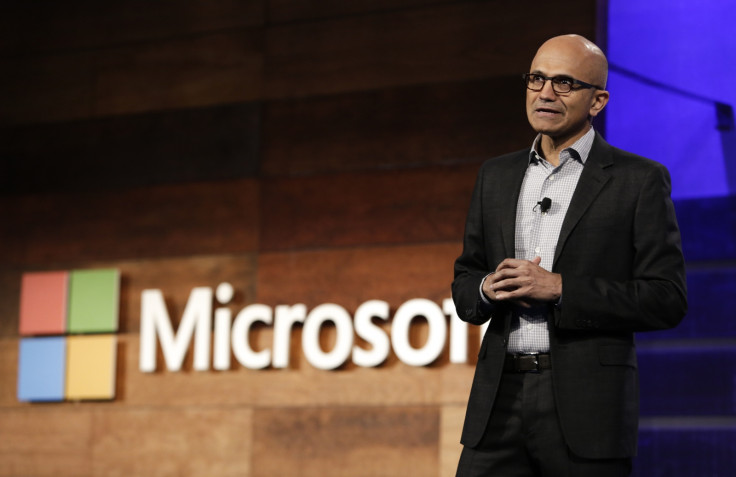Microsoft CEO Satya Nadella warns AI should be used to help people, not replace them
Nadella weighs in on the need to 'democratize' access to artificial intelligence.

As research, investment and interest in artificial intelligence (AI) continues to grow and the AI race between top technology companies intensifies, Microsoft CEO Satya Nadella says 2017 and the year after will be "key to democratizing AI." He also warned his own company as well as competitors about "parlor tricks" that boast the power of AI but fail to preserve the dignity of human workers.
"The fundamental need of every person is to be able to use their time more effectively, not to say, 'let us replace you,'" Nadella said in an interview at the DLD conference in Munich on Monday, Bloomberg reports. "The most exciting thing to me is not just our own promise of AI as exhibited by these products, but to take that capacity and put it in the hands of every developer and every organization.
"The way at least I have defined AI in simple terms is we're trying to teach machines to learn so that they can do things that humans do, but in turn, helps humans," Nadella said. He added that the next phase should focus on democratizing access to AI, rather than "worshiping the four, five, six companies that have a lot of AI."
Similar to user interface, Nadella called for a set of guidelines to create and build "tasteful AI" that helps humans, helps people develop more trust in technology in terms of security and privacy and has "algorithmic accountability."
Before getting into the ethics of AI, Nadella said he wanted his company to focus heavily on aspects of the technology that it could control such as the design decisions and making investments to develop AI that featured these characteristics.
Following its "cloud-first, mobile-first" strategy, Microsoft has continued to incorporate artificial intelligence into its various products including the personal assistant Cortana, Microsoft Translator, its flagship Azure cloud computing platform, multiple AI research products and more.
Japan Airlines is currently using Microsoft HoloLens technology to create two proof-of-concept programmes to provide supplemental training for mechanical engineers and train flight crew trainees looking to take on a co-pilot position.
Last week, Microsoft announced it acquired Maluuba, a Montreal-based AI startup that focuses on using deep learning and reinforcement learning for natural language processing.
Harry Shum, executive vice president of Microsoft's Artificial Intelligence and Research Group, wrote in a blog post: "We've recently set new milestones for speech and image recognition using deep learning techniques, and with this acquisition we are, as Wayne Gretzky would say, skating to where the puck will be next — machine reading and writing.
"Maluuba's vision is to advance toward a more general artificial intelligence by creating literate machines that can think, reason and communicate like humans — a vision exactly in line with ours... I'm incredibly excited about the scenarios that this acquisition could make possible in conversational AI."
"They're all great advances," Nadella said. "We should be competitive there and we should be pushing there and we will be doing that. But what's Microsoft's unique contribution beyond that is democratizing the access to the same tools that we use for ourselves so that every developer can use them to create their own intelligence."
© Copyright IBTimes 2025. All rights reserved.





















